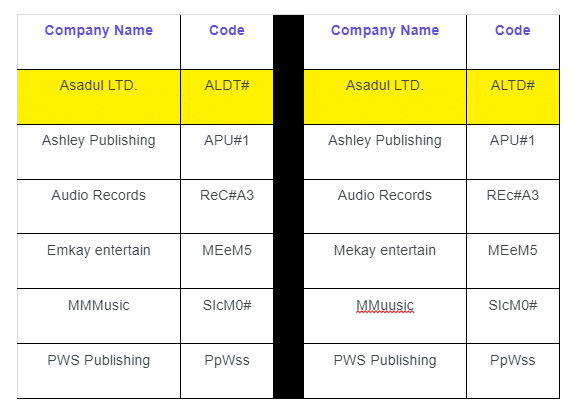
The police collect very valuable and sensitive information in the course of their work. Therefore, the person who manages that information has an important role to play in the operation of the nation’s law enforcement.
Take the Civil Service Police Records Clerk/Technician Exam to improve your score. 
Working as a police records clerk, you can expect to be involved in the processing and maintaining of that information, a job that requires writing skills, computer skills, and good people skills.
If it is your ambition to be that person, prepare yourself to work through a demanding recruitment process that begins with the Police Records Clerk/Technician Exam.
Table of Contents
The police records clerk exam is a pre-employment exam to test if applicants have the skills required for the job. Applicants are tested on their clerical and organizational skills, their attention to detail, and their ability to deal with colleagues and members of the general public.
When called upon to do the police records clerk/technician exam, you can expect to be tested on your abilities in the following areas:
Given the nature of the work carried out by a police records clerk, the exam is hard and one that requires a lot of preparation.
The test is the police service’s way of finding the people who have the skills and attention to detail to work accurately with the information that might well become significant in criminal or civil proceedings.
Getting job applicants to do the tests before they are called to interview ensures they are working through a pool of the most capable people when the interviews begin.
The job security and benefits offered by this job attract a lot of applicants and increase the competition for postings, another factor that adds to the difficulty of the exam.
Preparation is essential if you want to progress through the recruitment process to land this job.
To avoid a time-consuming search for information about the test, we recommend you use the services of Job Test Prep, a recognized leader in job test preparation. They will provide you with accurate information on the test as well as preparation resources. You will get a test prep pack from them, which will guide your preparation.
In the prep pack you will find:
To get a feel for the tests you can get, try your skills on this free sample test for a civil service job.
You can expect to be tested in the three areas outlined above. But looking at a job description of the work required from a records clerk/technician will give you an idea of the areas you will need to be competent in.
Not alone will you have to have skills in maintaining records but you will need writing skills when called upon to write reports or compile statistics. Written communication skills will be needed when you are expected to create logs or reports.
Skills in using Microsoft office suite or other forms of software are necessary for this work. One such job description asserts the need to be able to type at least 35 words per minute.
You will also need to show your understanding of the workings of a police station.
Given the wide array of material you need to be familiar with, you can expect to get the following in your test prep pack:
Expect questions along the following lines:
Are the values in the highlighted row identical between the two tables?

Study guides and tutorials to help you navigate the tests are a key part of test prep packs.
Having familiarized yourself with the tests you will be obliged to take, it is time to put a study routine in place.
Try the following steps for effective preparation:
The sample tests should play a central part in every preparation session.
This will ensure:
When the tests arrive, you have the confidence of knowing you have done the work for this. A few simple steps prior to the tests will enable you to capitalize on that work:
If you have been asked to do the police records clerk/technician exam, you will find all the resources you need to prepare at Job Test Prep.
Written by Elizabeth O Mahony
With 25+ years’ experience as a teacher and state examinations corrector, Elizabeth now writes for the education and careers industry. Her experience preparing students for examinations and running an academy for supplementary education give her invaluable insights into what it takes for job seekers and graduates to succeed in assessments.
Related Civil Service Exam Study Guides
Sarah is an accomplished educator, researcher and author in the field of testing and assessment. She has worked with various educational institutions and organisations to develop innovative evaluation methods and enhance student learning. Sarah has published numerous articles and books on assessment and learning. Her passion for promoting equity and fairness in the education system fuels her commitment to sharing insights and best practices with educators and policymakers around the world.